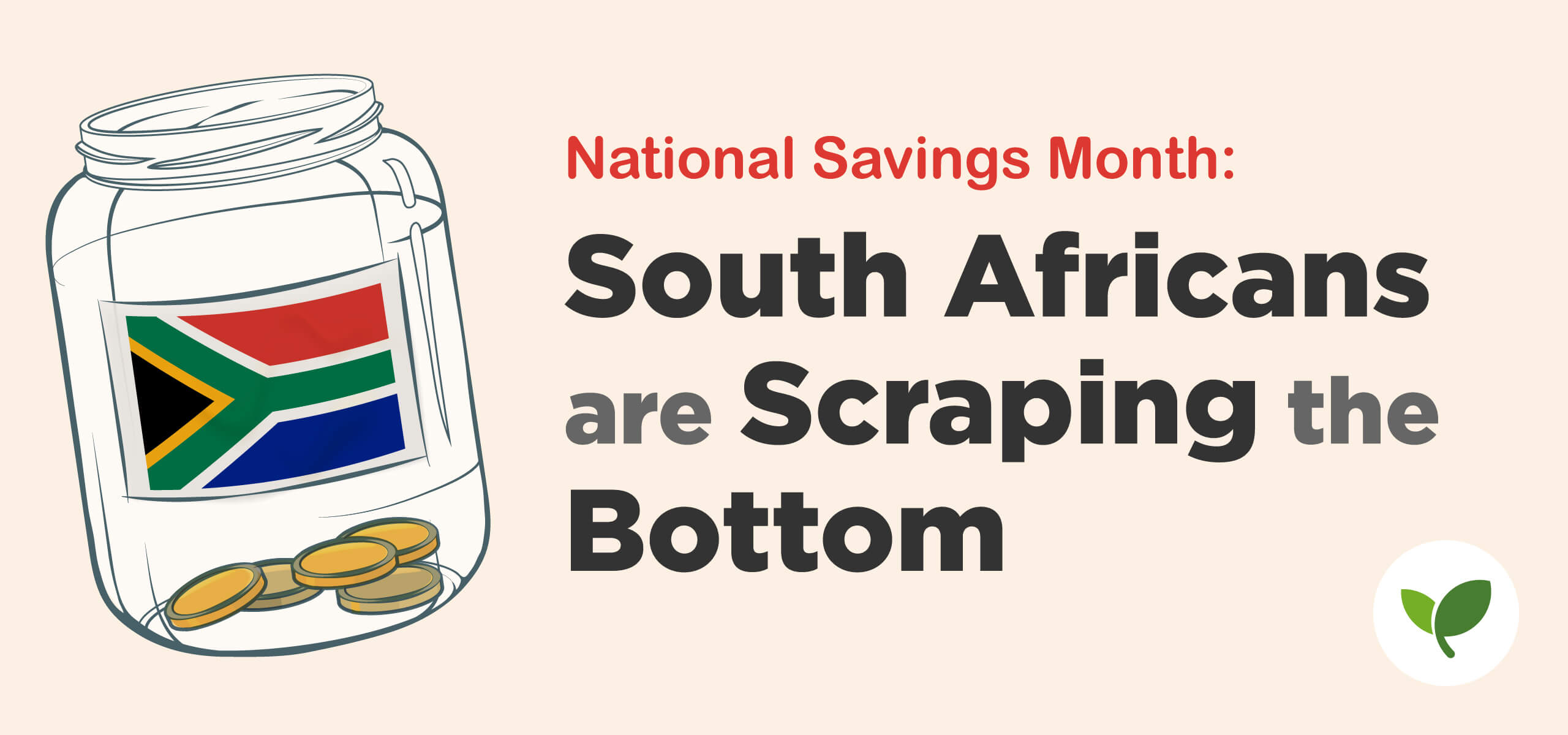South Africa has one of the lowest savings rates in the world, which has significant implications for the average citizen. As we mark National Savings Month, it is crucial to bring awareness to the importance of saving money and provide practical tips to prioritise savings.
Unpacking the Numbers
According to Deloitte’s South African Investment Management Outlook April 2023, South Africa’s savings rate is alarmingly low at only 0.5%. This rate falls far below that of its emerging market peers such as Brazil (16.9%) and India (10.8%), as well as more developed economies like the US (12.4%), Europe (11.0%), and South Korea (13.7%). These statistics highlight the urgent need to address the state of savings in South Africa.
Amplified Challenges
We undoubtedly face significant economic challenges. All of these contribute to South Africans struggling to build their savings. Some of the factors include:
- Stagflation. This means we are experiencing high unemployment, soaring consumer price inflation and stagnant economic growth.
- A potential global recession.
- Rising public debt,
- Energy availability factor below 60%, causing non-stop load shedding.
- The longest downward trend of GDP growth since 1945.
- Trade tensions between major economies like the US and China threaten South Africa’s prominent exporting sectors.
- South Africa’s reliance on foreign investment.
But not all hope is lost! On the upside, implementing Operation Vulindlela, a substantial investment in alternative electricity supply, is intended to significantly improve capacity and result in positive economic growth in 2024.
In a struggling economy, saving money can be a challenge. However, questioning the value of having savings is not an option.
Making Saving Money a Priority
Savings serve as a safety net during emergencies, help to avoid excessive debt and pave the way for future opportunities. Experts often recommend saving at least three months’ worth of living expenses as an initial goal, gradually increasing savings for specific purposes such as retirement or homeownership.
As mentioned above, many economic factors that are outside our control influence our cash flow. But for the factors we can control, a combination of mindset, habits, and practical strategies is necessary to prioritise saving money. Here are actionable steps to make saving money a priority:
- Set clear financial goals: Define short-term and long-term objectives to provide purpose and motivation for saving.
- Create a budget: Track income and expenses, identifying areas to reduce unnecessary spending. Allocate a portion of income specifically for savings.
- Pay yourself first: Automate transfers into a separate savings account before spending, treating savings as an essential expense.
- Reduce discretionary spending: Try reducing your spending on things that aren’t necessary. Look for cheaper options and try free activities instead.
- Control impulse buying: Implement a waiting period to resist impulsive purchases, realising that the initial desire often fades.
- Minimise unnecessary debt: Use credit cards and loans sparingly, paying off balances in full monthly to avoid interest charges and increase available savings funds.
In South Africa’s current financial climate, we must recognise the importance of savings. Let us seize the opportunity to reflect on our savings habits and make positive changes. Saving money takes discipline and perseverance, which will ultimately help build a brighter financial future.
However, if you have too much debt and can’t save money, seek help from financial advisors or debt counsellors. They can provide guidance and strategies to manage and reduce your debt, allowing you to save more.
